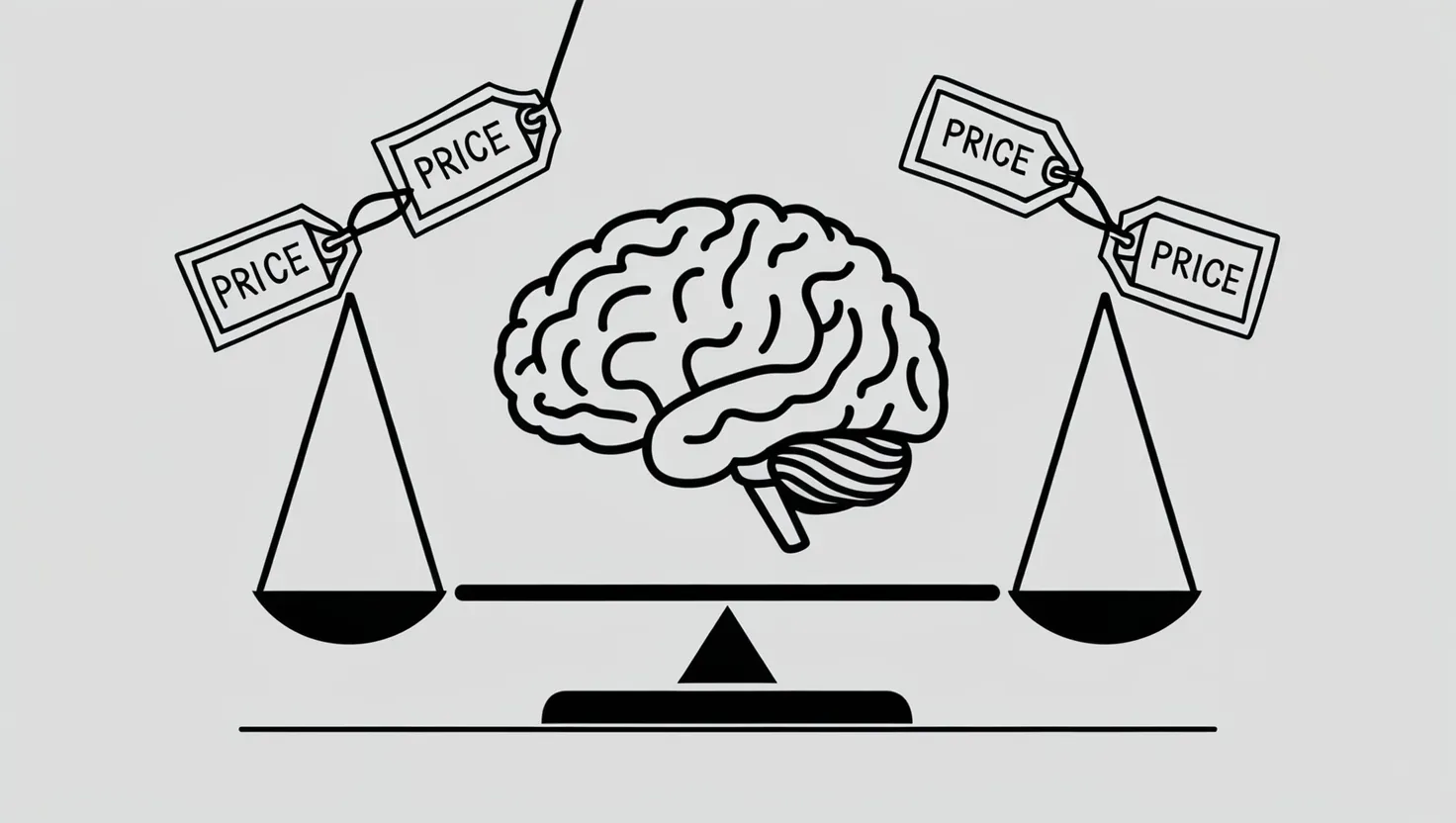Welcome to our Summary Series, where we offer concise overviews of books with a focus on personal finance for our subscribers. This series is designed to give a snapshot of the book's content and should not be considered a replacement for the enriching experience of reading the book in its entirety. We highly recommend reading the full text to grasp the author's complete ideas and concepts, using this summary merely as a supplementary reference.
For those who have been following our insightful exploration into Robert Kiyosaki's "Rich Dad Poor Dad," we are excited to present the next installment in our series. If you're new or would like to revisit the foundational concepts, we invite you to begin with Part 1, 2 & 3, accessible through the link below:
Investor Central is a reader-supported publication. To receive new posts and support my work, consider becoming a free or paid subscriber.
Summary Series: Wealth Wisdoms - Insights from 'Rich Dad Poor Dad' - 1
Summary Series: Wealth Wisdoms - Insights from 'Rich Dad Poor Dad' - 2
Summary Series: Wealth Wisdoms - Insights from 'Rich Dad Poor Dad' - 3
The Value of Real Estate Investing
Author delves into the significance of real estate as a powerful tool for building wealth, a theme consistently highlighted in "Rich Dad Poor Dad." Real estate investment stands out as a robust asset class, offering the dual benefits of capital appreciation and the potential for generating a steady income through rent. Kiyosaki's approach underscores the value of real estate in a diversified investment portfolio.
An essential aspect of real estate investment, as discussed in the book, is the use of leverage. Leverage involves utilizing borrowed capital to increase the potential return of an investment. In the context of property investment, this means using a mortgage to finance a purchase, allowing investors to maximize their returns while minimizing their initial outlay.
Understanding the real estate market is also critical for successful investment. This includes knowledge of factors like the significance of location, awareness of market trends, and an understanding of the economic cycle's impact on property values. Kiyosaki would emphasize the need for thorough research and a solid grasp of market dynamics to make informed investment decisions.
However, it's also important to acknowledge the risks associated with real estate. Effective risk management is key, involving careful financial planning and consideration of factors like market volatility and property maintenance. Inherent knowledge on this would guide the reader through the process of evaluating and mitigating these risks to make the most out of real estate investments.
Additionally, the book also highlights the tax advantages associated with real estate investing. These benefits, such as deductions on mortgage interest, property taxes, and depreciation, can significantly enhance the overall return on investment. Kiyosaki's approach in this book reinforces real estate investing as a vital component of achieving financial freedom and accumulating wealth.
Indian Market
Indian Residential Real Estate: Is it an economic bubble?
Stocks and Bonds
Robert explains and explore sthe world of stock and bond investments, a topic that complements the investment strategies discussed in "Rich Dad Poor Dad."
Understanding Stocks and Bonds: The book explains the basics of stocks and bonds. Stocks represent ownership in a company and can offer dividends and capital gains. Bonds, on the other hand, are a form of loan to a company or government, offering regular interest payments.
Risk and Return: An important aspect of investing in stocks and bonds is understanding the balance between risk and return. Stocks generally offer higher potential returns but with higher risk, while bonds are typically seen as more stable but with lower returns.
Diversification Strategies: The importance of diversification in an investment portfolio would be emphasized. Diversifying across different stocks and bonds can help manage risk and improve the chances of consistent returns.
Market Research and Timing: The book covers the importance of market research and timing in stock and bond investments. Understanding market trends, company performance, and economic indicators can aid in making informed investment decisions.
Long-Term Perspective: Consistent with Kiyosaki's philosophy, the book advocates for a long-term approach to stock and bond investing. It would discuss the power of compound interest and the benefits of holding investments over a longer period.
The Role of Money in Relationships
The book delves into the complex dynamics of money within personal relationships, an aspect that's often touched upon in financial discussions like those in "Rich Dad Poor Dad."
Financial Communication: A key focus would be on the importance of open and honest communication about finances in relationships. Whether it's between spouses, family members, or partners, discussing money matters transparently can prevent misunderstandings and conflicts.
Differing Financial Views: The book addresses how differing views on spending, saving, and investing can impact relationships. It would offer insights into reconciling these differences and working towards common financial goals.
Financial Independence in Relationships: Kiyosaki's philosophy of financial independence extends to relationships as well. The book discusses how maintaining individual financial independence can contribute to healthier and more balanced relationship dynamics.
Teaching Financial Responsibility: Another important aspect would be the role of parents in imparting financial wisdom to their children. It highlights the importance of teaching children about money management, savings, and investments, setting the foundation for their future financial well-being.
Support and Collaboration: Finally, the author emphasizes the importance of support and collaboration in financial matters within relationships. It would explore how partners can support each other's financial goals, work on joint investments, and collaborate in building a secure financial future together.
Reader would gain insights into managing the intricate role of money in various relationships. It would highlight the importance of communication, mutual support, and education in creating a healthy financial environment in one's personal life.
Summary:
In short, Rich dad Poor dad is about the shift in mentality that is needed to gain wealth and it throws some lime light into this with an example of a rich dad, poor dad and their mentality towards money
- Shift in Mindset: Wealthy people focus on making money work for them, not just working for money.
- Financial Literacy: Understanding how to manage, invest, and grow money is crucial for wealth.
- Building Assets: Focusing on creating and owning assets, rather than solely earning a salary.
- Tax and Corporate Strategies: Utilizing corporations and understanding tax laws to protect and enhance wealth.
- Creating Opportunities: Wealthy individuals actively create and seize financial opportunities, embracing innovative investment strategies.
- Learning and Skill Development: Prioritizing learning and skill development over simply earning a paycheck.
- Overcoming Psychological Barriers: Confronting fears, cynicism, and other mental barriers to financial success.
- Assets vs. Liabilities: Distinguishing between what generates income and what drains resources.
- Influential Relationships: The impact of one’s social circle on financial habits and success.
- Generosity: Embracing generosity as a key component of wealth building and personal fulfillment.
- Early Financial Education: The advantages of starting financial education and investment early in life.
- Calculated Risk-Taking: The importance of taking informed financial risks for growth and opportunity.
- Real Estate Investing: Real estate as a valuable asset for wealth building and the benefits of leveraging property investment.
- Stocks and Bonds: Understanding these investment vehicles and their role in a diverse financial portfolio.
- Money in Relationships: Managing the intricate role of money in personal relationships, emphasizing communication and collaboration.






